A solenoid water valve is utilized to enable or restrict water flow through a pipe system. Solenoid water valves are typically single-piece devices made of a solenoid coil and a piston or tappet valve. The solenoid plunger and the valve stem are connected so that when the solenoid is turned on, the valve mechanism opens, and water can flow through. Read More…
Solenoid Solutions manufacturers custom direct-acting 2 and 3-way solenoid valves and multi-valve manifolds for OEMs in the medical, appliance, transportation, power generation and industrial equipment markets.
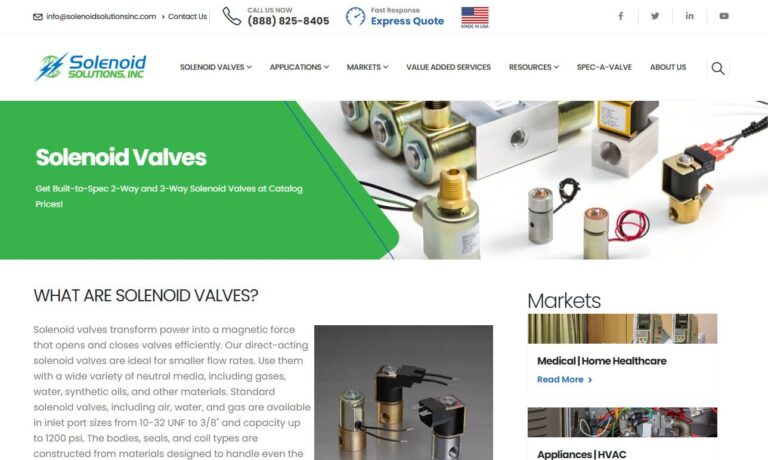
Our solenoid valves are all tested in house following very strict quality guidelines. We opened our doors in 1936 and ever since then we have been committed to bringing top of the line products and customer service that cannot be beat!
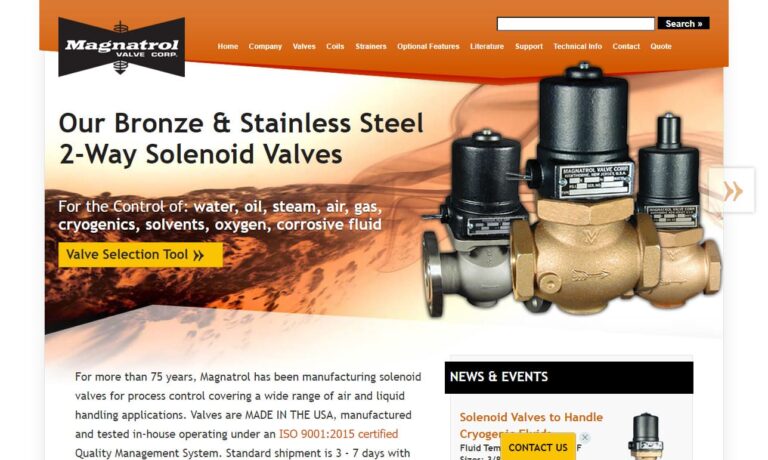
At Electric Solenoid Valves, we specialize in providing comprehensive solutions for solenoid valves, tailored to meet the diverse needs of our valued clientele. With expertise in fluid control systems, we have established ourselves as a trusted leader, known for our unwavering commitment to quality, innovation, and customer satisfaction. Our product offerings encompass a wide range of solenoid...
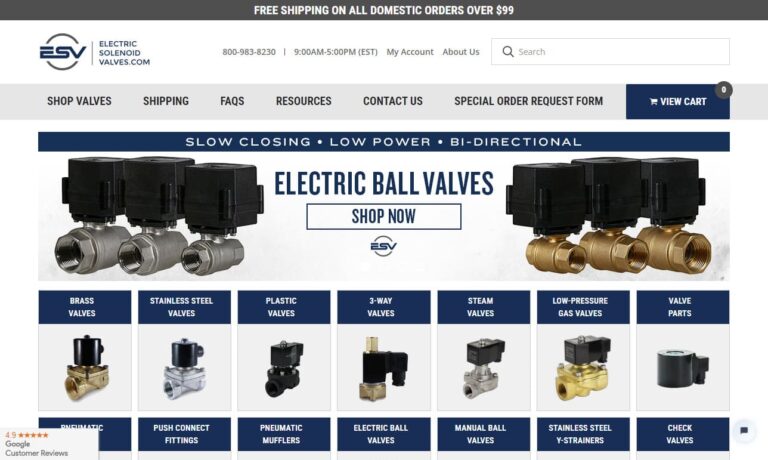
Deltrol Controls manufactures and designs a full line of stock and custom solenoids, electrical relays, dispensing valves, and custom switch assemblies. Customer satisfaction is our number one priority so we employ talented workers and stay up-to-date with the latest technology. Whatever your specific need is, Deltrol Controls has the solution. To receive a quote or more information please...
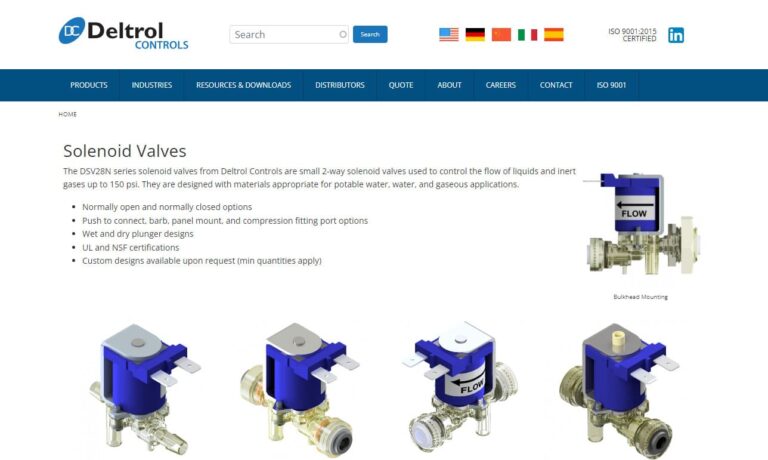
Versa® Products offers a wide range of pneumatic control valves, air valves and solenoid design. We have maintained our commitment to quality products and services since our company was established in 1949. We are a solenoid valve manufacturer, offering solenoids in brass and stainless steel.
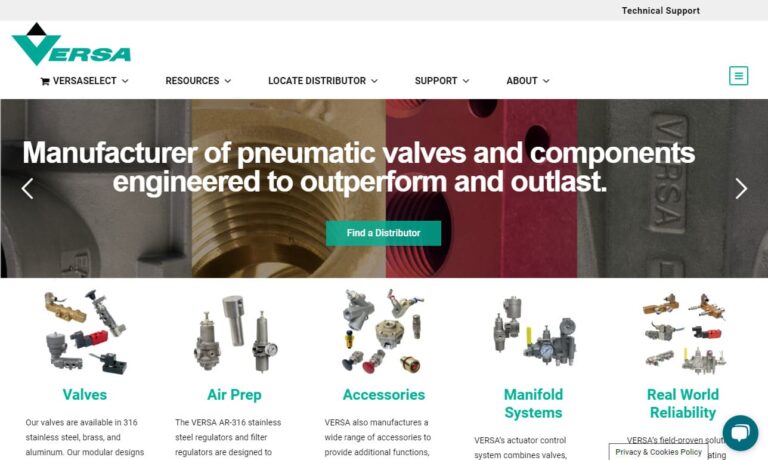
More Solenoid Water Valve Manufacturers
A valve return spring pulls the piston back down into its seat when the power to the solenoid is turned off, stopping the flow of water and resetting the solenoid. Smaller water supply systems, such as those found in washing machines, home and agricultural irrigation, and light industrial installations, typically use solenoid valves.
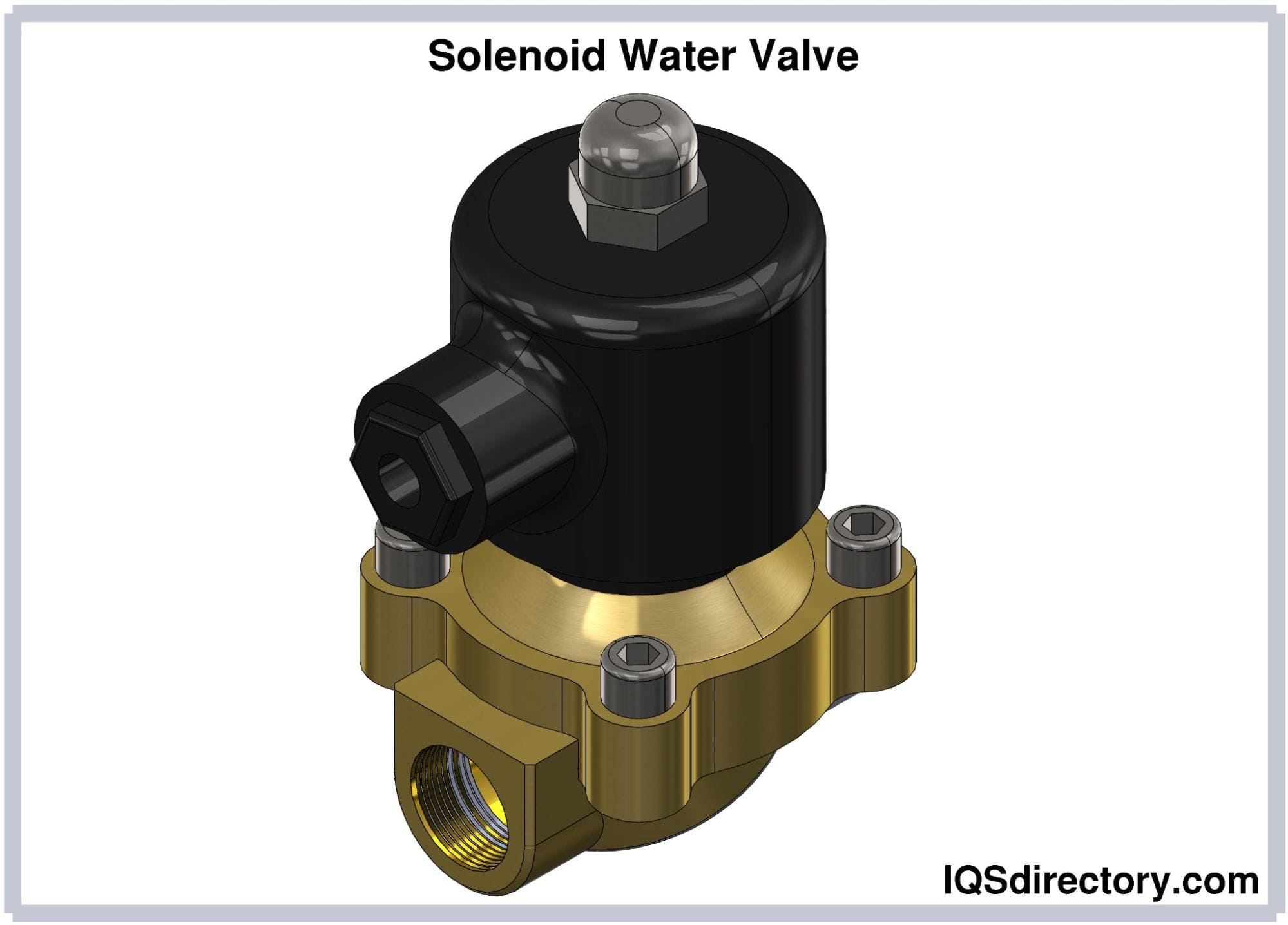
The accumulated stress in the spring cleverly forces the valve piston back to its seat, stopping the flow of water and resetting the solenoid in preparation for the subsequent cycle, when the power to the water solenoid valve coil is interrupted, and the plunger is released. Compared to other actuators, solenoids typically produce outputs of comparatively low power.
As a result, the water solenoid valve is typically employed in relatively light-duty applications. There are examples of solenoid water valves in dishwashers and washing machines, remote irrigation systems, and light engineering or industrial facilities. On the other hand, high-output actuators, such as geared electric motors and rotary hydraulic kinds, are frequently employed in heavier-powered valve applications.
How Solenoid Water Valves Work
The only true distinction between solenoid water valves and standard valves is that a solenoid triggers the valve mechanism rather than an operator input. Due to solenoids' linear actuation motion output, the valves are often vertical rise piston or poppet types. Depending on the necessary operational details, the water solenoid valve may be built of corrosion-resistant metals like brass or stainless steel, or different types of plastic. In addition, the solenoid coils may be rated for low-voltage direct current (DC) supplies or mains-voltage alternating current (AC) power sources.
Types of Solenoid Water Valves
Direct-Acting Valves
The phrase "direct acting" is typically used to describe solenoid water valves (or diaphragm solenoid valves). It implies that the solenoid valve's position can be directly influenced by energizing the solenoid coil. For instance, activating the solenoid coil in a direct-acting solenoid valve will move the diaphragm into its open position if the valve is closed in its resting position.
This classification does not necessarily imply a link between the valve's core tube and diaphragm, but rather that there is a direct control due to the electrical state, which is crucial to highlight. Furthermore, a direct-acting solenoid's ability to work fully without any pressure differential is one of its primary functions. This functionality indicates that there is no line pressure requirement for the valve to function effectively.
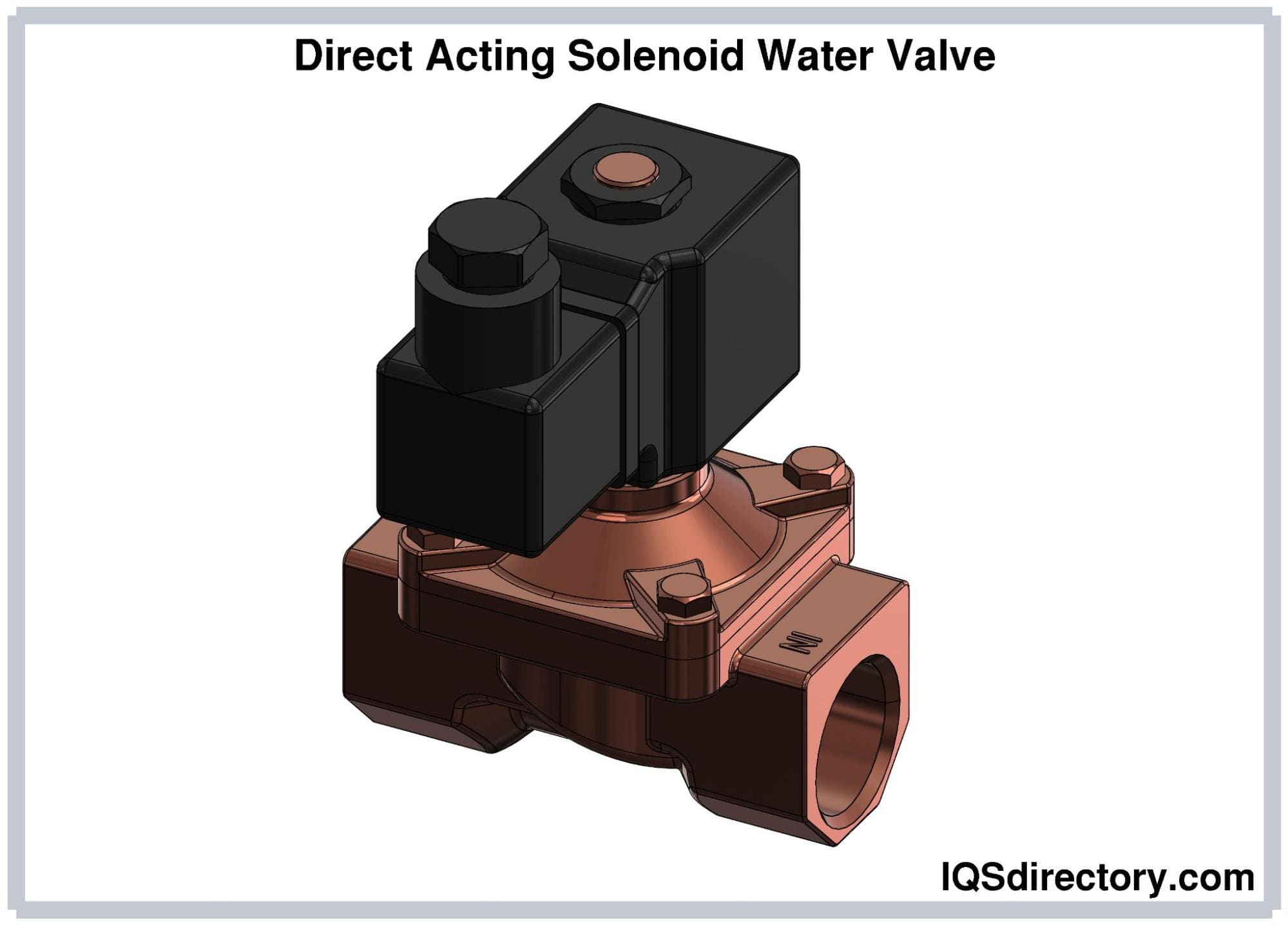
Indirect-Acting Valves
Pilot-operated solenoid valves, another name for indirect-acting solenoid valves, are typically always of the diaphragm style. The phrase "pilot operated" refers to the media functioning as a pilot to aid the valve's operation. This solenoid valve's inlet port typically has a tiny hole through which some media can pass to reach a cavity above the diaphragm. The media then exerts pressure on the top of the diaphragm in a usually closed valve, maintaining it in the closed position.
The media is pushed out of the top cavity and back into the main pressure line when the solenoid coil is activated, which causes the diaphragm to open. The main advantage of employing a solenoid valve with indirect action is that it uses less energy than a direct-acting valve. Therefore, indirect-acting solenoid valves are frequently more economical.
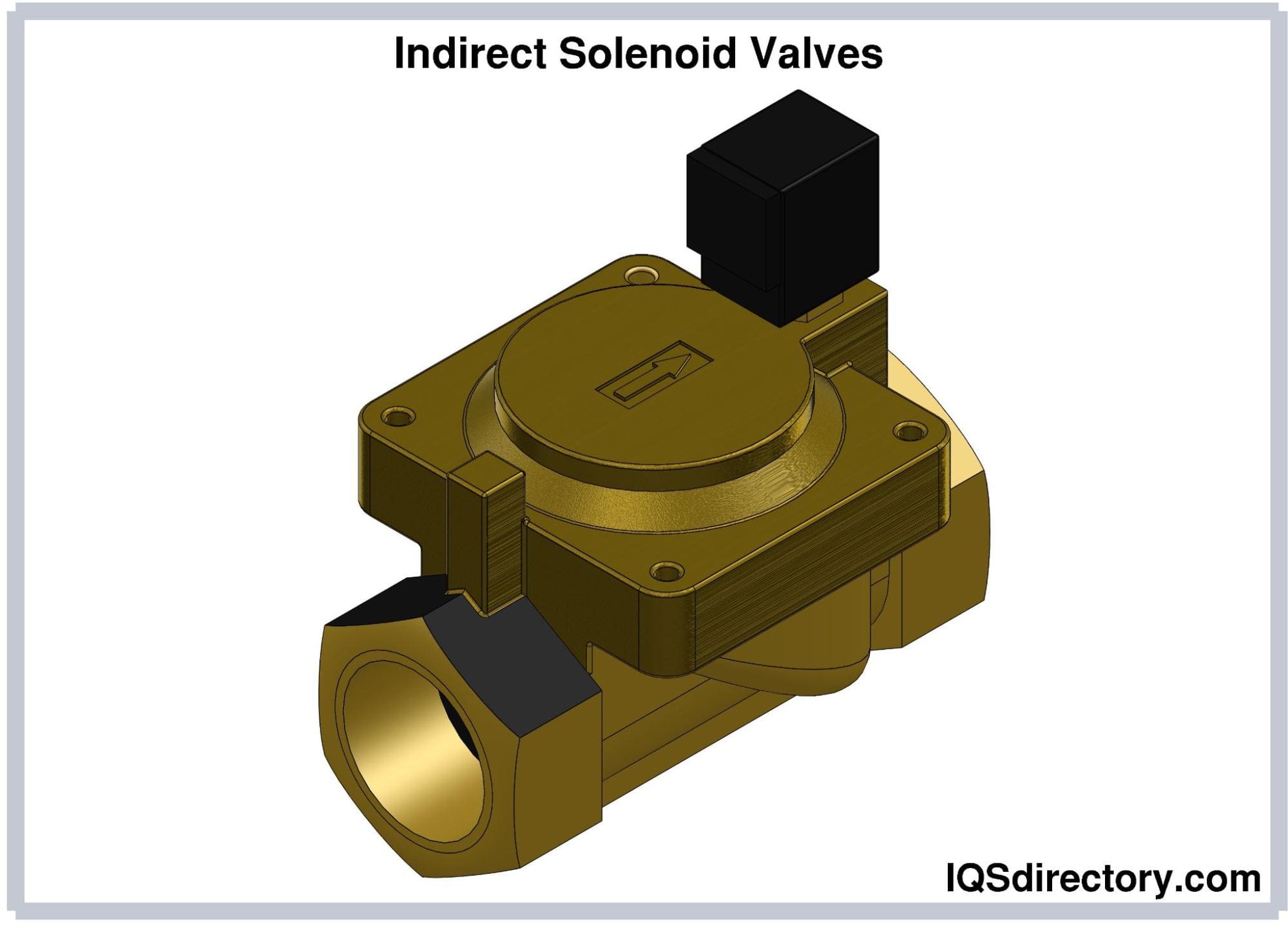
Normally Closed/Normally Open Solenoid Valves
These phrases describe the valve's idle condition, which is devoid of power. Despite being self-explanatory, they can also be referred to by other names. For example, it is possible to think of a normally closed solenoid valve as "energizing to close" and a normally open solenoid valve as "energizing to open." Normally closed or normally open most frequently refers to solenoids of the diaphragm or poppet variety that use a spring to reset the valve to its resting position after the coil has lost power.
3/2-Way Solenoid Valves
The phrase "3/2-way" most frequently refers to a spool-type solenoid valve. However, a poppet-type valve may also be used in this form. The phrase "3 ports, 2 positions" can be extruded to represent this. Other valve types can use a similar acronym and the same formula. The most fundamental 3/2-way valves use port 1, which is blocked in its resting state, as the valve inlet, port 2, which is used as the valve outlet; and port 3, which is used as the exhaust.
The spool position changes and port one becomes blocked when power is given via the solenoid. Port 2 then flows to port 3 and exhausts the system. When the power is turned off, the spool returns to its resting position, and regular valve operation resumes. Because of this process, this kind of 3/2-way valve also goes by the name of spool or sol/spring valve. The most typical application for 3/2-way spool valves is as a pilot to a single-acting pneumatic actuator or pneumatic cylinder.
Choosing the Right Solenoid Water Valve Company
To make sure you have the most positive outcome when purchasing solenoid water valves from a solenoid water valve company, it is important to compare at least 4 to 5 manufacturers using our list of solenoid water valve manufacturers. Each solenoid water valve company has a business profile page that highlights their areas of experience and capabilities and a contact form to directly communicate with the company for more information or request a quote. Review each solenoid water valve company website using our patented website previewer to get an idea of what each company specializes in, and then use our simple RFQ form to contact multiple solenoid water valve companies with the same form.

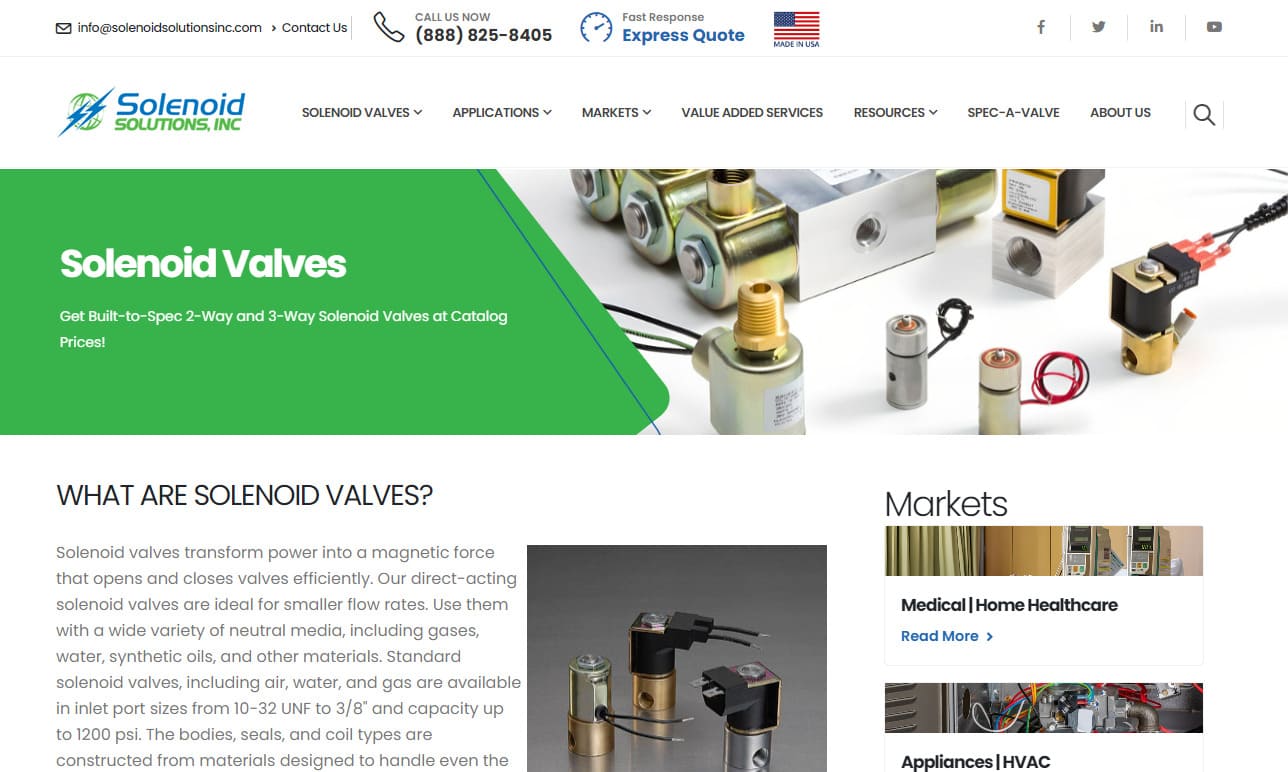
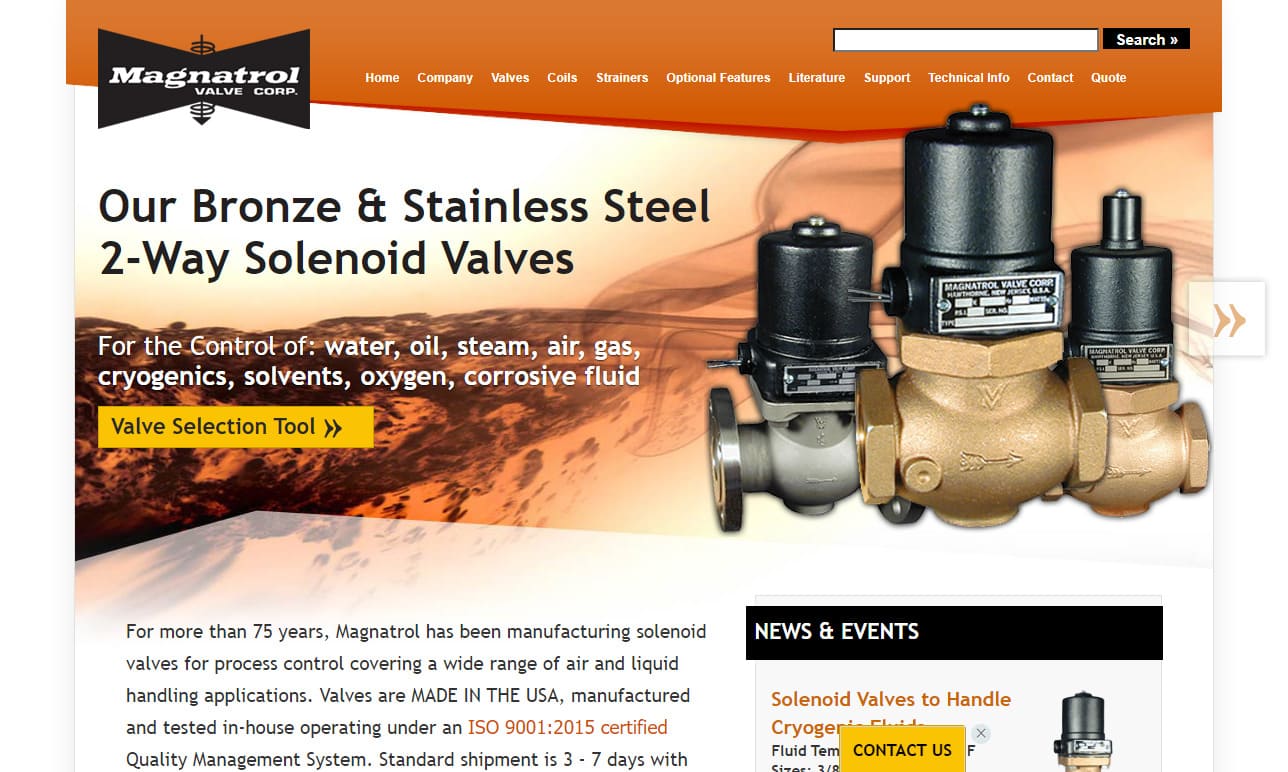

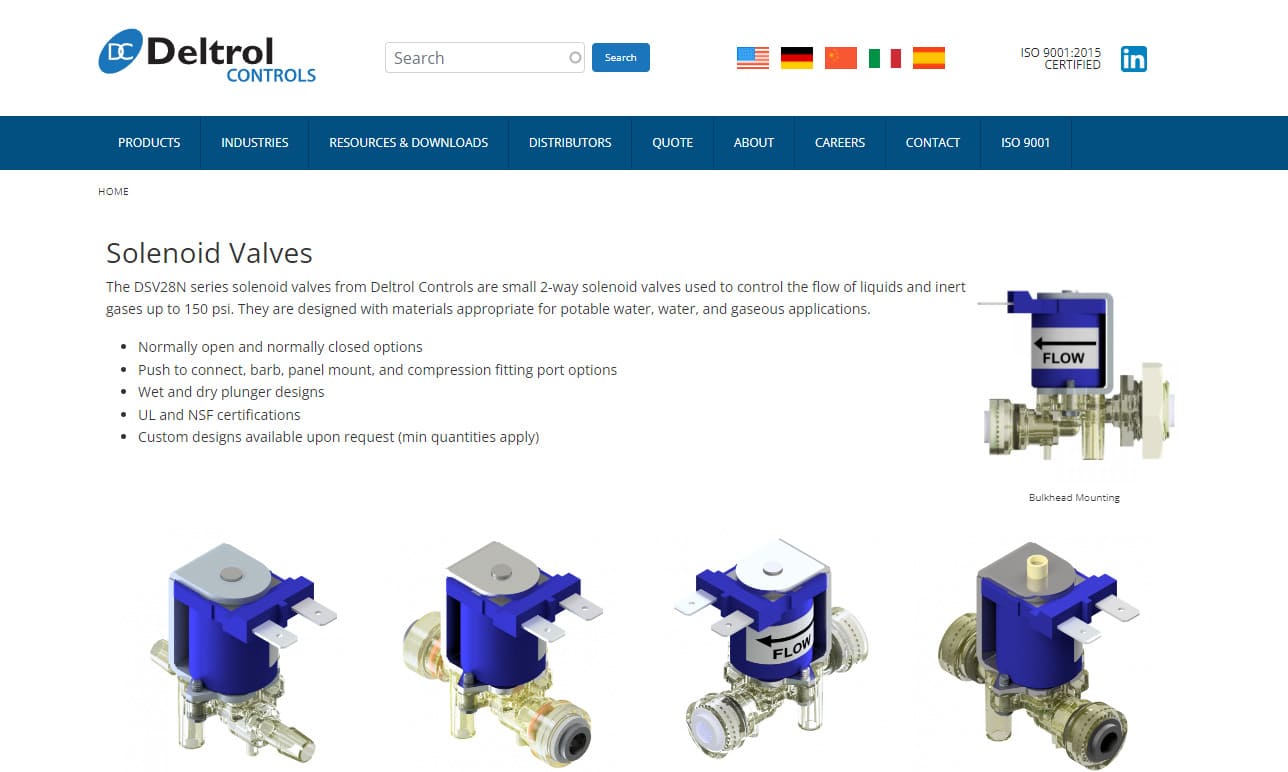
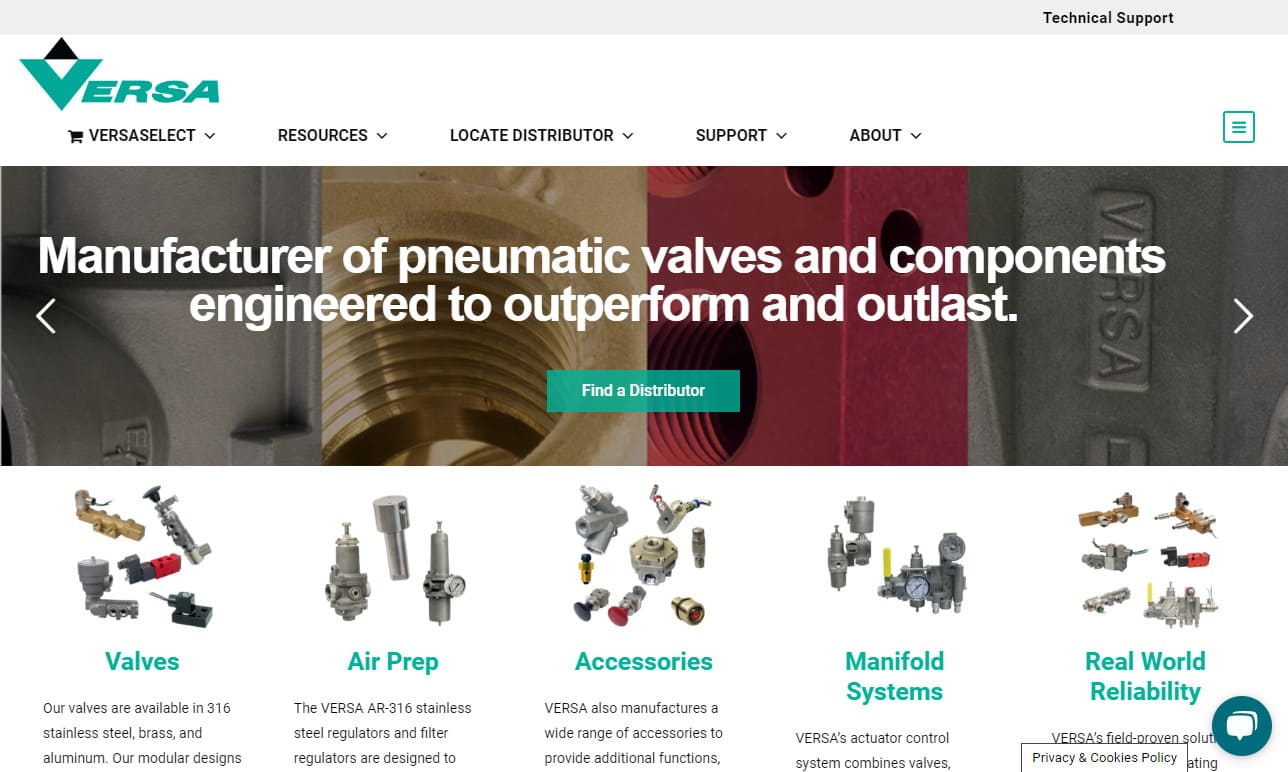
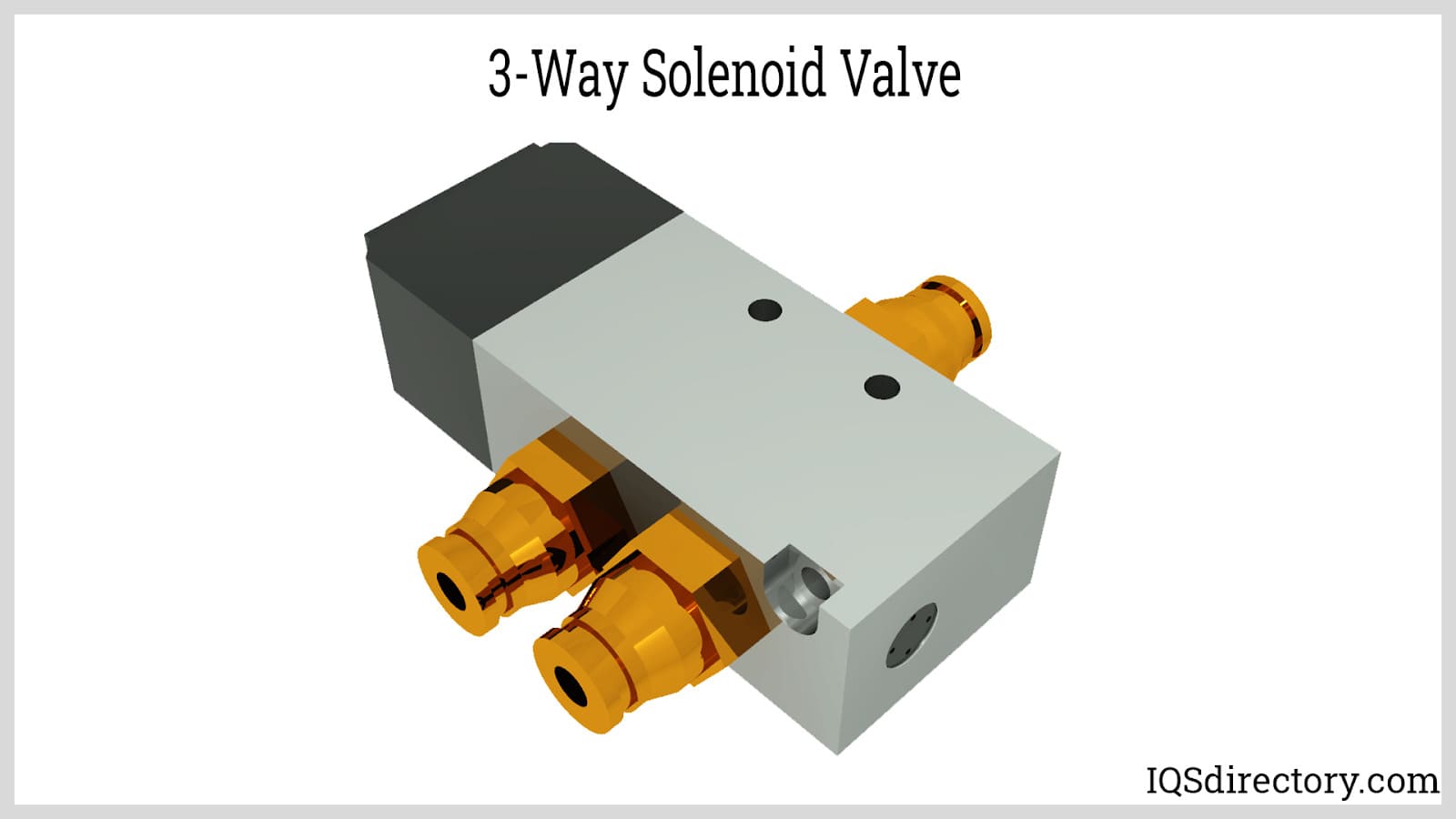
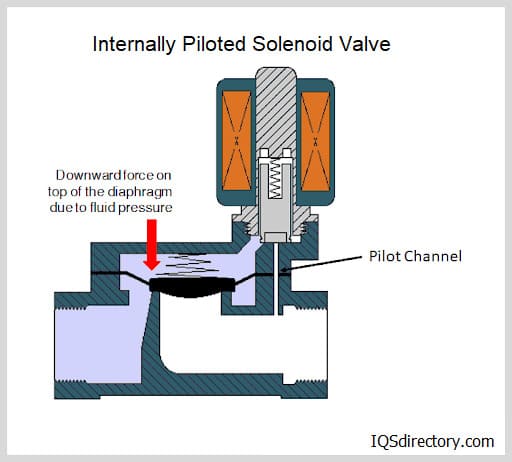
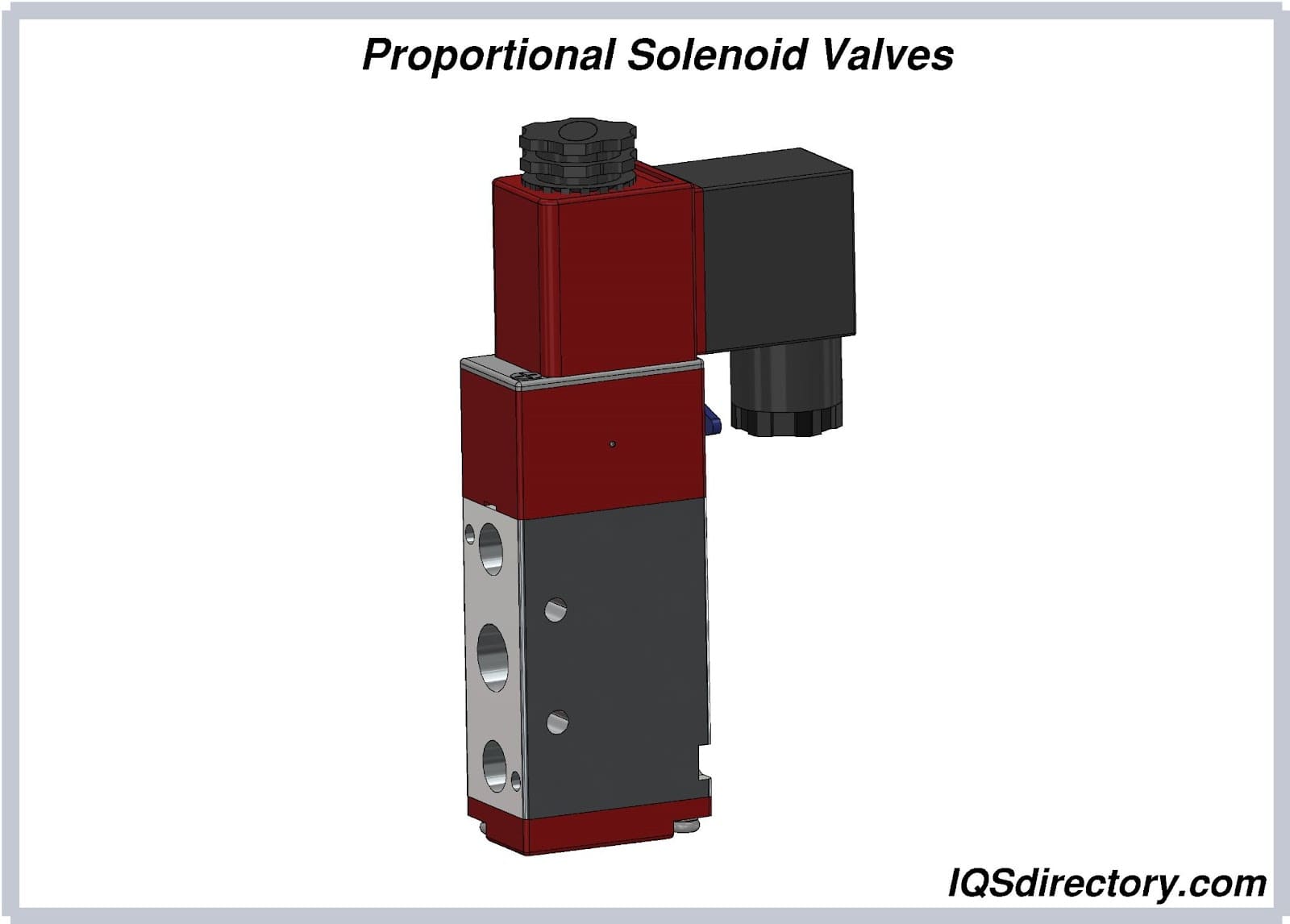
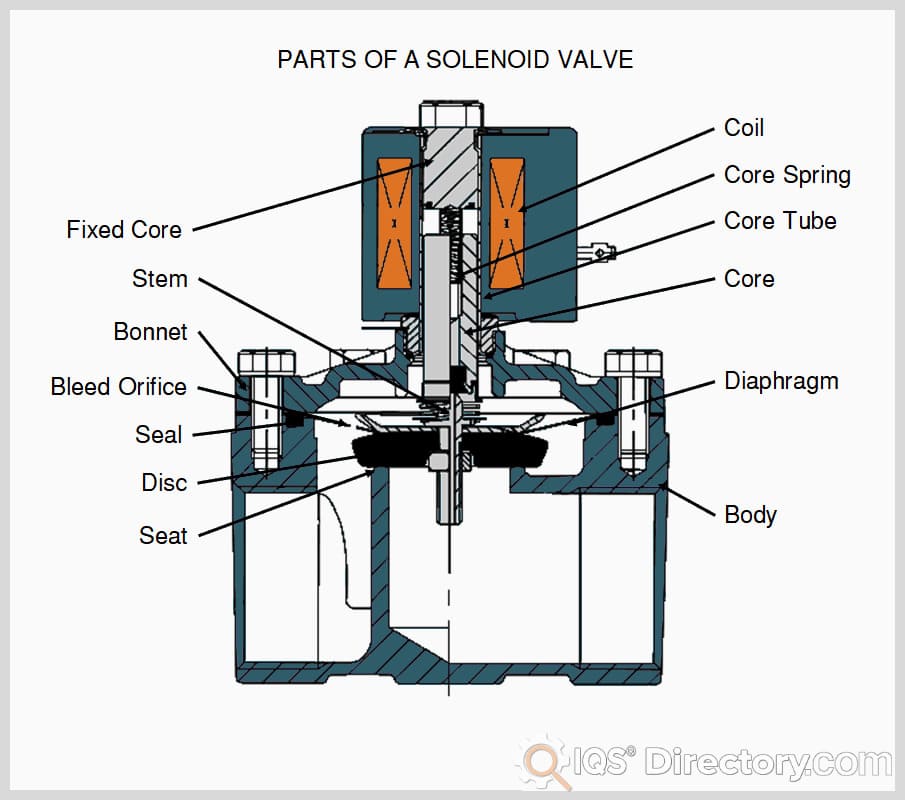
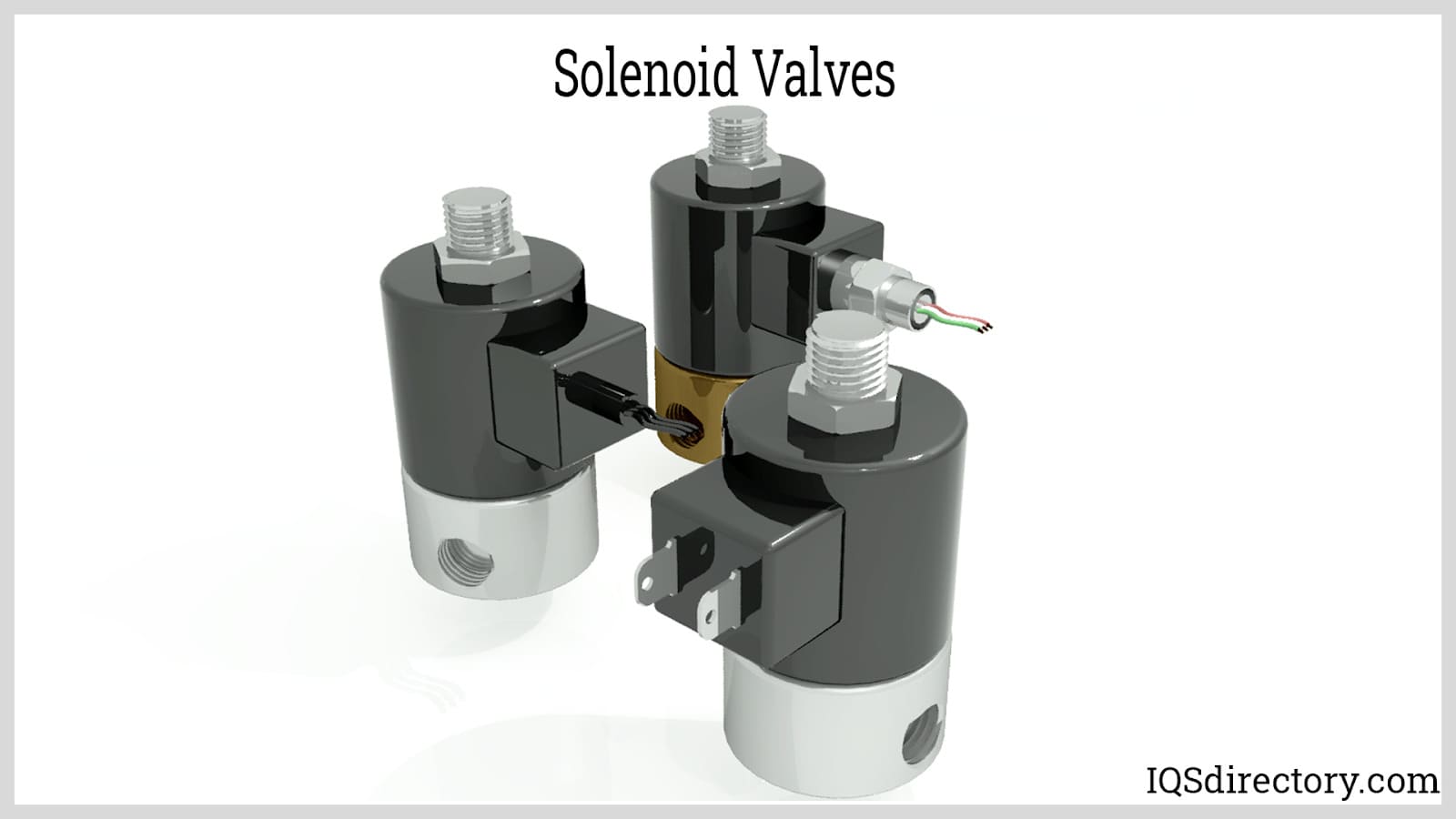
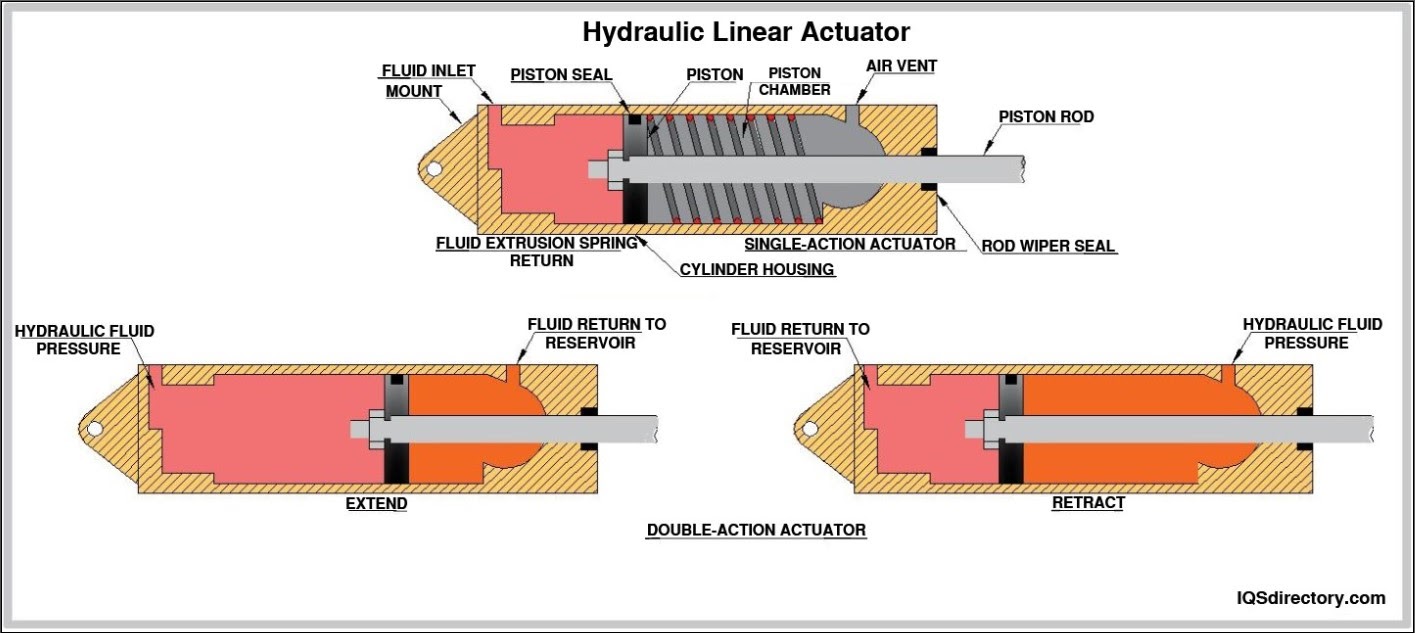
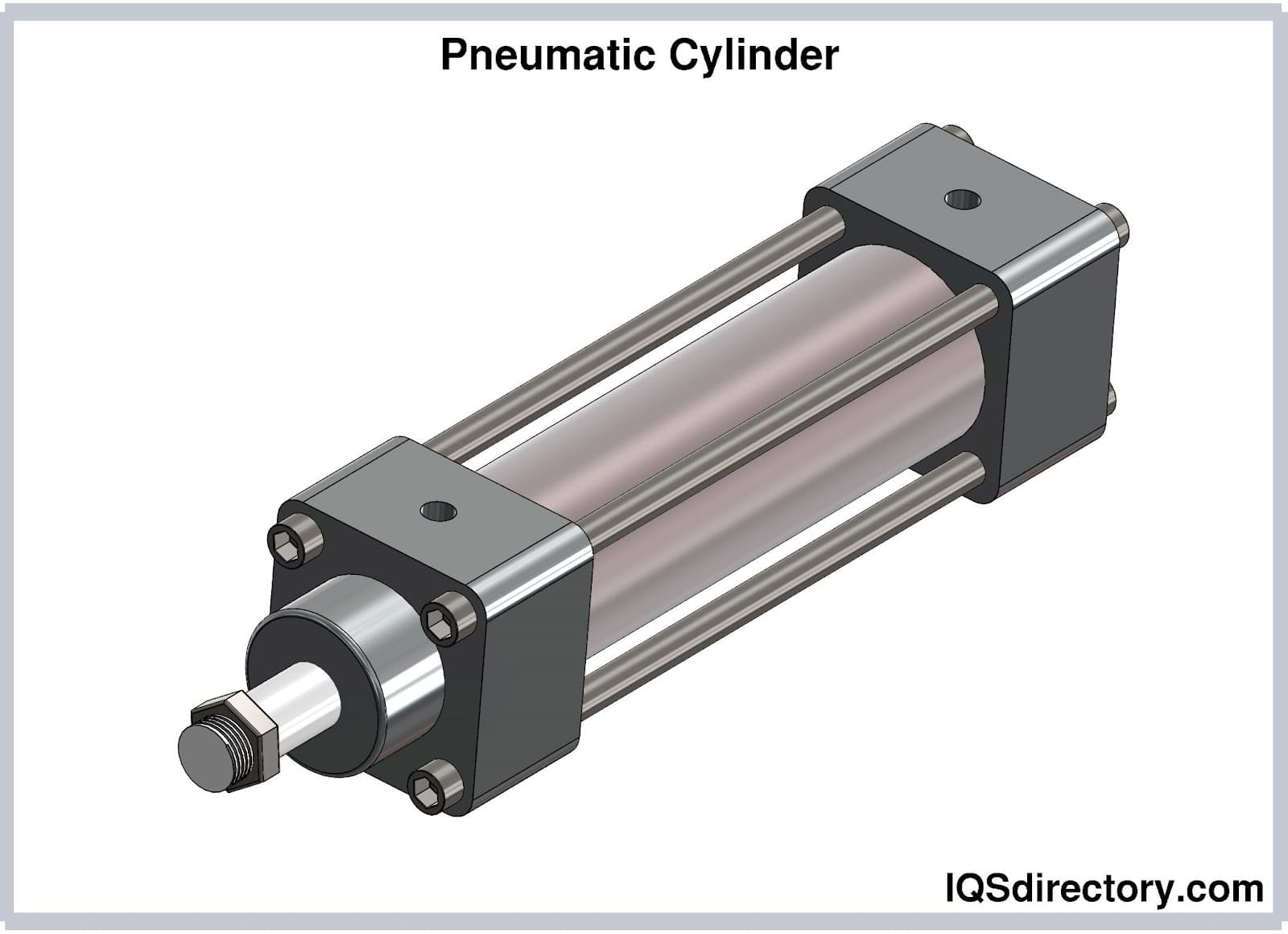
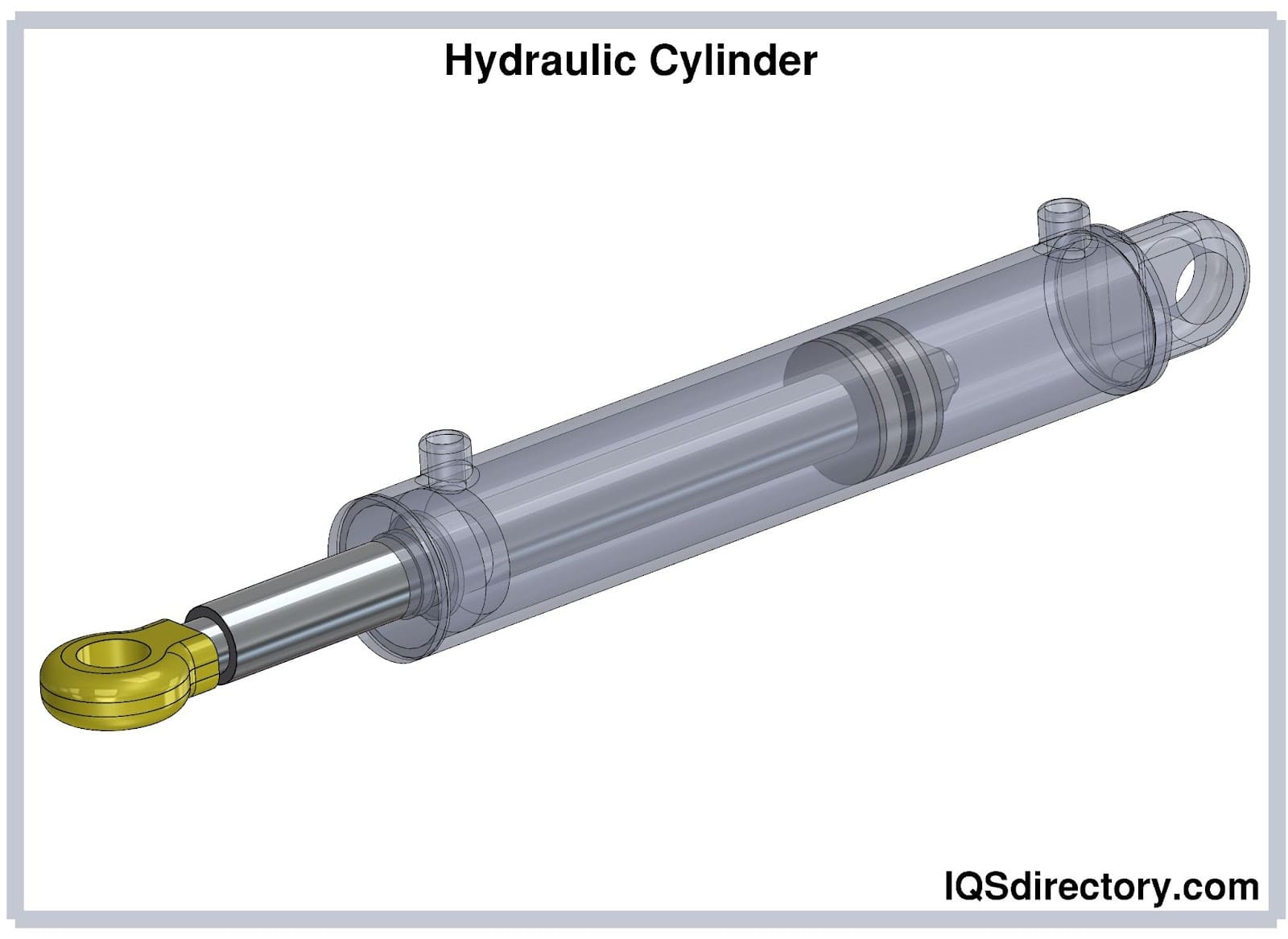
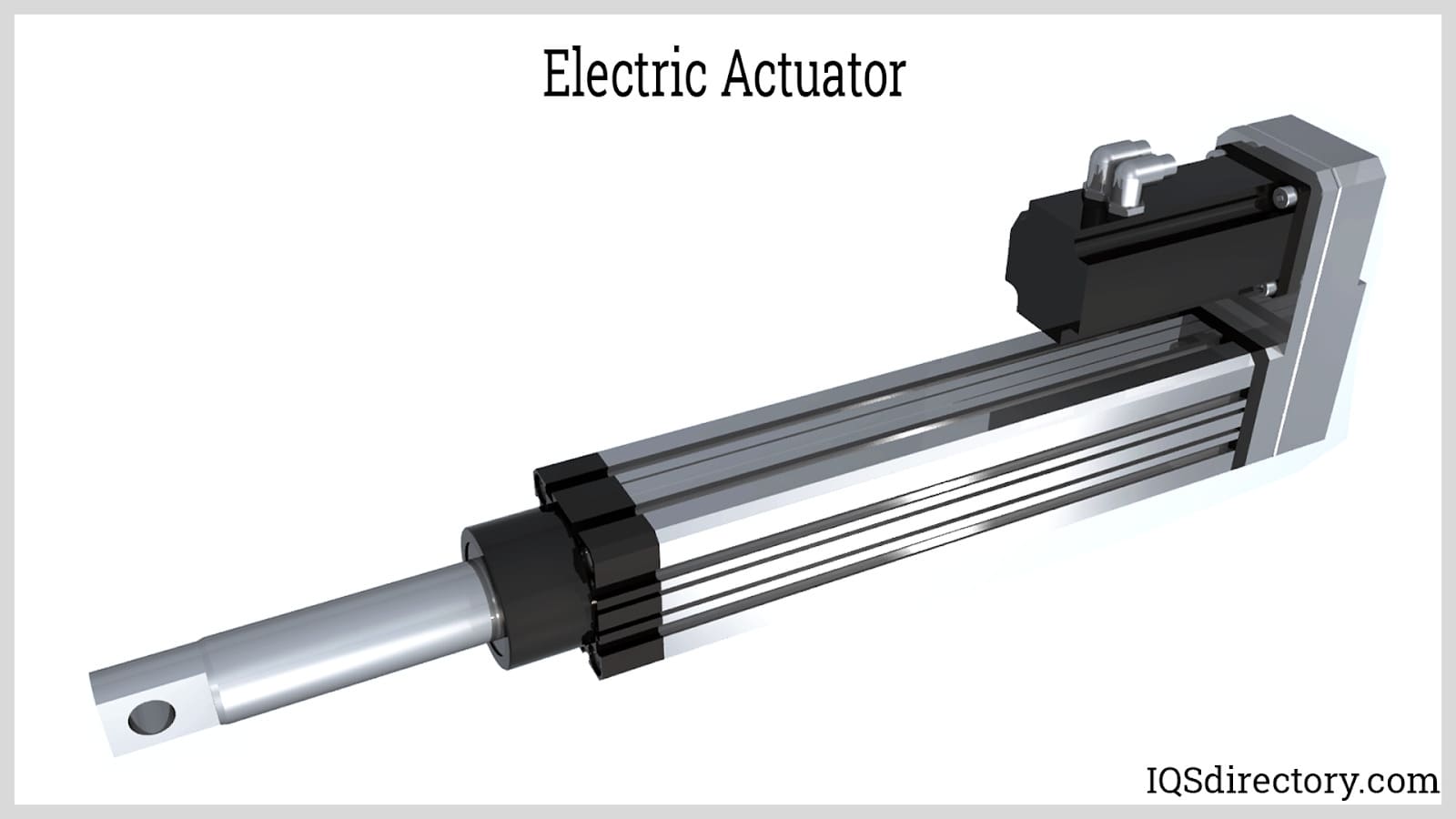
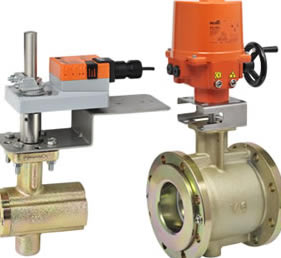 Ball Valves
Ball Valves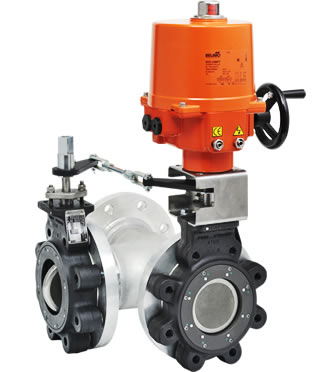 Butterfly Valves
Butterfly Valves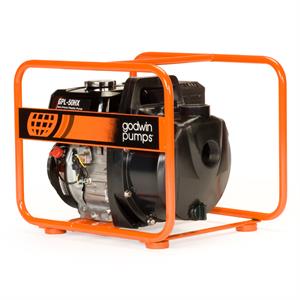 Centrifugal Pumps
Centrifugal Pumps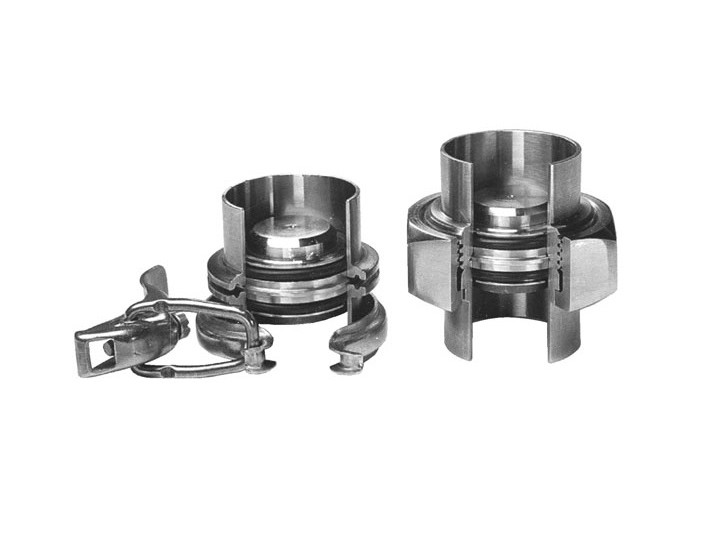 Check Valves
Check Valves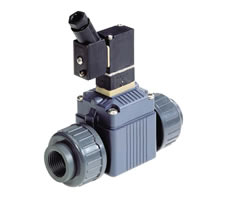 Diaphragm Valves
Diaphragm Valves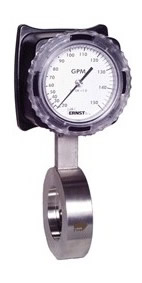 Flow Meters
Flow Meters Hydraulic Pumps
Hydraulic Pumps Hydraulic Valves
Hydraulic Valves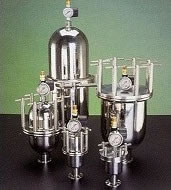 Metering Pumps
Metering Pumps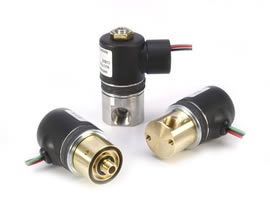 Solenoid Valves
Solenoid Valves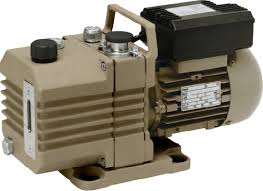 Vacuum Pumps
Vacuum Pumps Castings & Forgings
Castings & Forgings Bulk Material Handling
Bulk Material Handling Electrical & Electronic Components
Electrical & Electronic Components Flow Instrumentation
Flow Instrumentation Hardware
Hardware Material Handling Equipment
Material Handling Equipment Metal Cutting Services
Metal Cutting Services Metal Forming Services
Metal Forming Services Metal Suppliers
Metal Suppliers Motion Control Products
Motion Control Products Plant & Facility Equipment
Plant & Facility Equipment Plant & Facility Supplies
Plant & Facility Supplies Plastic Molding Processes
Plastic Molding Processes Pumps & Valves
Pumps & Valves Recycling Equipment
Recycling Equipment Rubber Products & Services
Rubber Products & Services